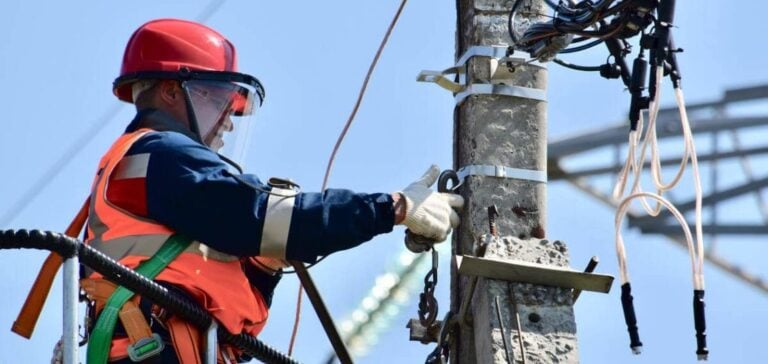Energy sector unions in France are planning a nationwide strike on December 5 to push for substantial salary hikes. The inter-union group, composed of CGT, CFE-CGC, CFDT, and FO, will mobilize all companies in the electricity and gas sector. This call comes amid wage negotiations that union representatives consider far from adequate.
Currently, a general salary increase of 0.8% has been agreed upon, but unions are demanding a 2.3% increase in individual measures. EDF, one of the sector’s main players, has proposed a rate of 1.5%, which unions argue falls short of employees’ expectations. Laurent Koessler, responsible for social dialogue at CFE-Energies, emphasized that these proposals do not meet workers’ demands.
A Call for Nationwide Mobilization
According to the inter-union group, this movement will affect all companies in the sector, including EDF, Enedis, and GRDF. “Not a single company will escape the strike notice,” said Koessler. The chosen date, coinciding with a public sector strike, aims to unite demands, particularly regarding purchasing power.
The strike will officially begin on December 4 at 9:00 PM for night shifts, following long-standing practices in the energy sector. Although major disruptions for consumers are not anticipated, companies in the sector risk significant financial losses.
Potential Consequences and an Escalating Movement
This mobilization is part of broader social discontent. Unions criticize the lack of appropriate responses to rising living costs. They warn that the movement could intensify if negotiations fail to deliver satisfactory results.
The inter-union group plans to meet on the evening of December 5 to assess participation and consider extending the strike. “Our decision will depend on turnout and employer reactions,” Koessler stated.






















